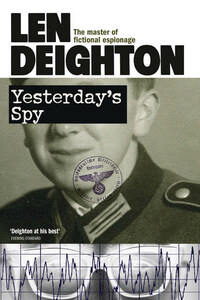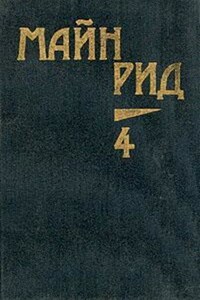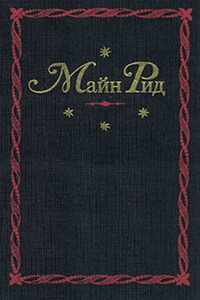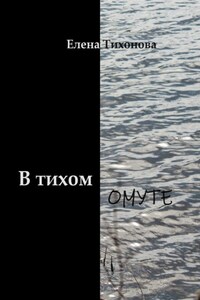This novel is entirely a work of fiction.
The names, characters and incidents portrayed in it are the work of the author’s imagination. Any resemblance to actual persons, living or dead, events or localities is entirely coincidental.
Published by HarperCollinsPublishers Ltd 1 London Bridge Street London SE1 9GF
www.harpercollins.co.uk
First published in Great Britain by
Jonathan Cape Ltd in 1975
Copyright © Len Deighton 1975
Introduction copyright © Pluriform Publishing Company BV 2012
Cover designer’s note © Arnold Schwartzman 2012
Len Deighton asserts the moral right to be identified as the author of this work
A catalogue record for this book is available from the British Library
Ebook Edition © June 2012 ISBN: 9780007458417
Version: 2017-05-23
All rights reserved under International Copyright Conventions. By payment of the required fees, you have been granted the non-exclusive, non-transferable right to access and read the text of this e-book on-screen. No part of this text may be reproduced, transmitted, down-loaded, decompiled, reverse engineered, or stored in or introduced into any information storage and retrieval system, in any form or by any means, whether electronic or mechanical, now known or hereinafter invented, without the express written permission of HarperCollins e-books.
They say that New York City is the place to enjoy when you are young and Paris is the city for those of mature years. Maybe it depends how much money you spend.
It is not true that I prefer to stay in broken-down dumps rather than grand hotels. I love grand hotels but I also find certain sorts of dumps, and the people who frequent them, intriguing. Back in the distant past I had a room in the Adlon in Communist East Berlin, or at least in that hotel’s ruined remains. It was so dilapidated that it seemed as if a violent sneeze would be enough to make it fall apart. But looking down from this back room I could see the East German border guards and their barrack rooms, their armoury, kennels and guard dogs. The noise from the dogs being brought out gave notice of some new drama at the nearby Wall. It was rather like standing in the wings for a Grand-Guignol show.
A quite different and more enjoyable time came when my family squeezed into the attic of a Gasthof not far from Munich. The discomfort was more than made up for by the friendliness of the Swabian couple who worked so hard and kept so cheerful and let us into the kitchen to learn some secrets of south German cooking. We stayed in that lakeside village for months. My two sons went to school nearby and my understanding of the German south and its people proved valuable for my book Winter, which I wrote there using one of the earliest laptop computers. We were all sorry to depart.
When Charlie Kasher, the executive producer of the film of The Ipcress File, visited me in the Hotel Chelsea – on West 23>rd Street NYC – he was appalled at what he described as its ‘squalour’. He dragged me away to somewhere he felt more salubrious: a small smart luxury hotel on Fifth Avenue. It was more convenient and more comfortable but only half the fun. In the fifties, in several tiny Japanese villages I found clean accommodation so cheap that my Japanese friends refused to believe the low prices I had paid and thought I didn’t understand the money. When I first booked into the famous Hotel Sacher in Vienna it had not fully recovered from its occupation by some of the more uncaring, and trigger-happy, elements of the Red Army infantry, and I looked in vain for the Schlagobers and Sachertorte.
As I see it, it is the task of a writer to seek the truth and truth is not to be found in the silky indulgence of grand hotels, which tend to be the same in all parts of the world. Truth is found where people work and suffer. As a base for my research for Yesterday’s Spy I rented a room in a flea-bitten little hotel in Villefranche-sur-Mer. It was an establishment that I have depicted realistically in this story. The Princess was much as I have described.
Why Villefranche? The bay of Villefranche has water deeper than any other such port anywhere in the Mediterranean. From 350 feet near the shore the ocean bed slopes away steeply to 1,700 feet of dark water. It was this unique deep-water anchorage that brought the US Sixth Fleet here regularly: carriers, cruisers and even big battleships such as the USS Missouri. In those frantic years of the Cold War, France was in love with its American protectors. Americans were subject to the draft and these little streets and alleys were packed with high-spirited young sailors on brief shore leave looking for action of one kind or another.














